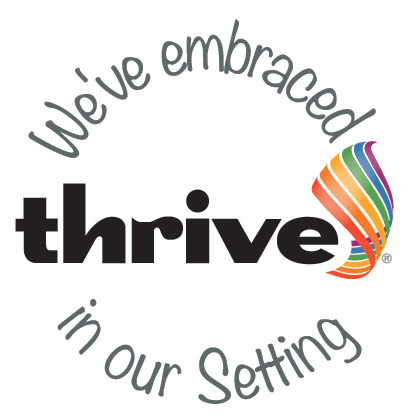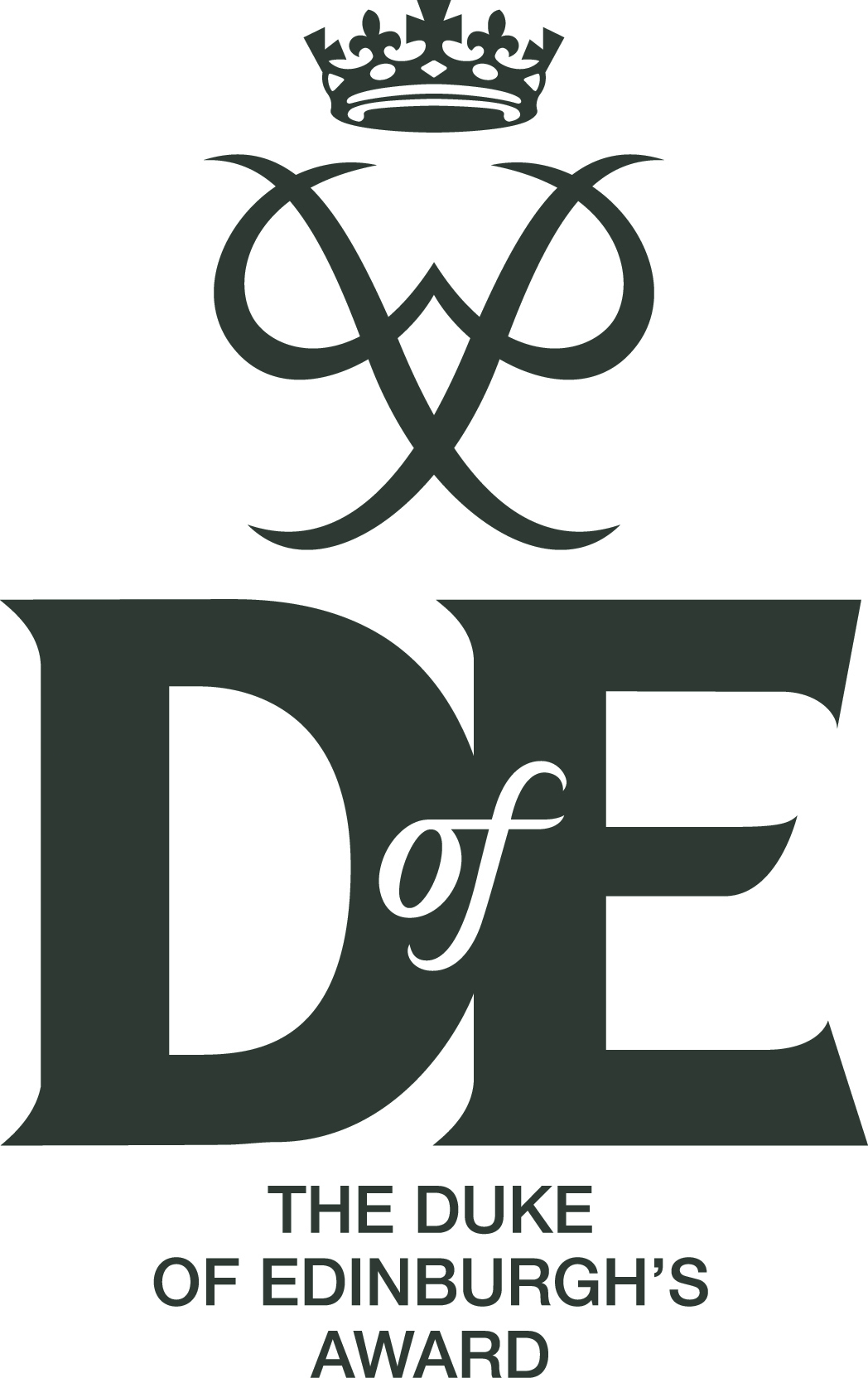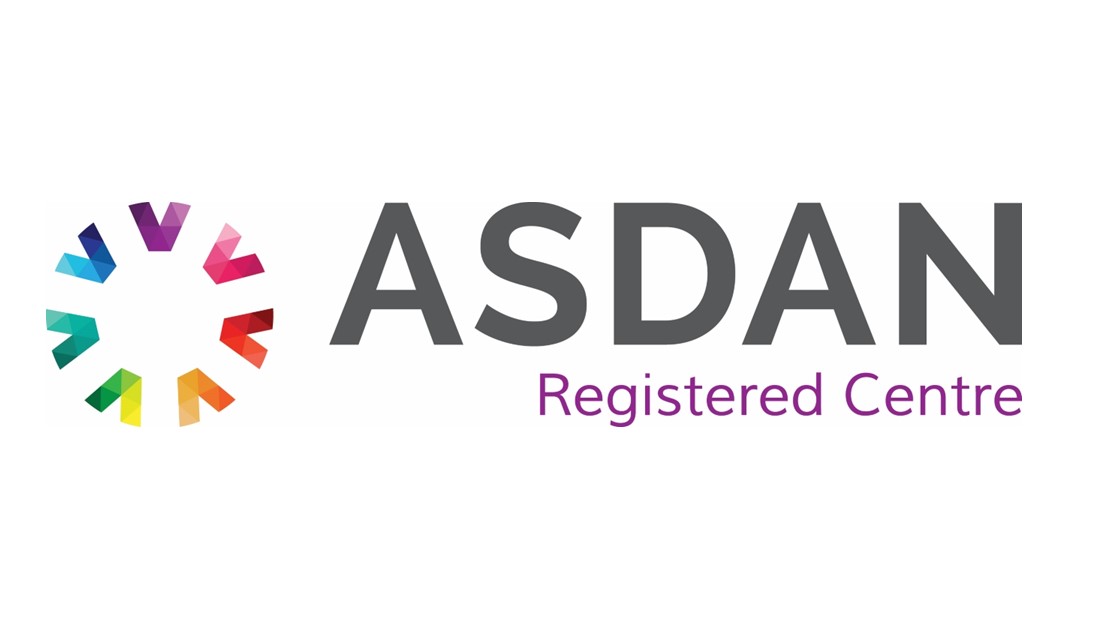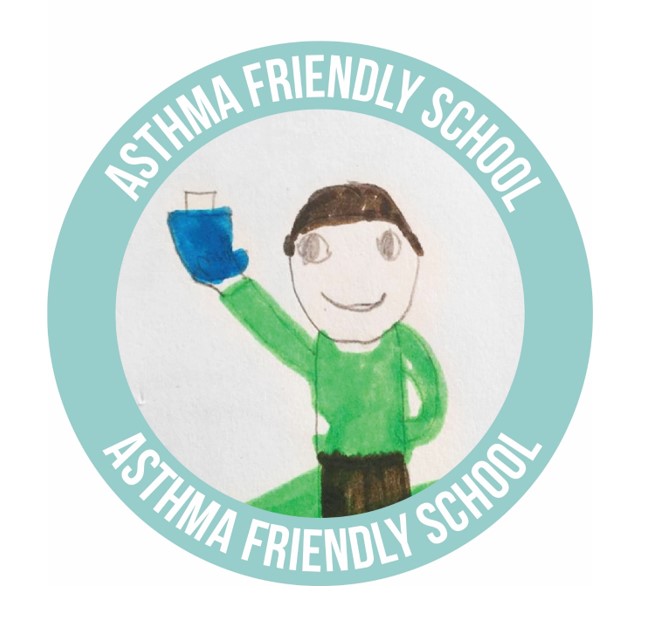Online Safety
This can also be called ‘internet safety’, ‘online safety’ or ‘web safety’. E-safety is often defined as the safe and responsible use of technology.
This includes the use of the internet and also other means of communication using electronic media (eg text messages, gaming devices, email etc).
Please contact the school if you need any advice on Online Safety.
School ICT System Links and DFE Guidance
Statutory guidance - Keeping children safe in education 2024
Statutory guidance - Keeping children safe in education
Netsweeper - Filtering and Monitoring
Content Keeper - Filtering and Monitoring
Sophos Endpoint Protection - Anti-virus/Data Protection
Online Related policies
Safeguarding Policy (Child-friendly)
School Safeguarding and Child Protection Policy
Social Networking Sites and Social Media policy
Please also refer to the Policy Page for a full list of policies.
Hope High School's Filtering and Monitoring
Hope High School uses Netsweeper and Content Keeper Filtering and Monitoring solutions, to support Safer Internet Practises in school.
Schools in England (and Wales) are required “to ensure children are safe from terrorist and extremist material when accessing the internet in school, including by establishing appropriate levels of filtering” . Furthermore, the Department for Education’s statutory guidance ‘Keeping Children Safe in Education’ obliges schools and colleges in England to “ensure appropriate filters and appropriate monitoring systems are in place. Children should not be able to access harmful or inappropriate material from the school or colleges IT system” however, schools will need to “be careful that “over blocking” does not lead to unreasonable restrictions as to what children can be taught with regards to online teaching and safeguarding.”
It is important to recognise that no filtering systems can be 100% effective and need to be supported with good teaching and learning practice and effective supervision.
Help for Families
Our pupils are growing up in a world of ever-changing technology. While we feel that the use of technology is a largely positive aspect of modern life, we cannot ignore the risks that can be associated.
Throughout school we aim to teach children:
- about the impact of cyber-bullying and what to do if they have been affected.
- to be vigilant when communicating online recognising that people may not always be who they say they are and to be sensible about what they share.
- to tell an adult they trust if something is upsetting them.
- to question the reliability of information given through a web based source.
- to search responsibly for information while using internet browsers.
We understand that much of our pupil's use of the internet will occur at home, away from the school filters.
Below are a list of useful websites, advice and resources that you may find helpful when navigating the issue of online safety with your child.
Useful resources and links
Thinkuknow http://www.thinkuknow.co.uk
Thinkuknow is an education programme from the National Crime Agency’s CEOP Command. Since 2006, it aims to ensure that everyone has access to this practical information – children, young people, their parents and carers and the professionals who work with them.
Internet Matters https://www.internetmatters.org/advice/esafety-leaflets-resources/
A comprehensive web resource with a wide array of tips and advice on how to navigate the online world with your child. Some of their guidance we attach below but you can find even more by visiting the link.
National Online Safety https://nationalonlinesafety.com/resources/platform-guides/
National Online Safety's mission is to make the internet a safer place for children. They aim to do this by equipping school staff, parents and children with the knowledge they need to understand online dangers and how best to react should an incident arise. The link above provides up to date information about a wide variety of social media apps and platforms your child might be using.
NSPCC http://www.nspcc.org.uk/preventing-abuse/keeping-children-safe/share-aware/
The NSPCC are the first to admit that the internet is amazing. Children can play, learn, create and connect - opening up a whole world of exciting possibilities. But with the digital world changing all the time, how can you make sure your child’s staying safe? That’s where the NSPCC come in. Whether you’re an online expert or you’re not sure where to start, their tools and advice will help you keep your child safe.
Childnet http://www.childnet.com/parents-and-carers
Childnet International is a registered UK charity that aims to make the internet a safe place for children and young people. Packed with resources it is a great resource for parents.
CEOP http://ceop.police.uk/safety-centre/
Child Exploitation and Online Protection (CEOP) is part of the National Crime Agency and their website can be used to report if you are worried about online abuse or the way someone is communicating online.
BBC https://www.bbc.com/ownit
The BBC have a website and app called Own It. The website has a lot of content for children to help them navigate their online lives, and the free smartphone app comes with a special keyboard which can intervene with help and support in the moments that children need it the most.
SafetoNet https://safetonet.com/
SafeToNet is technology that educates children “in-the-moment” as they use their device. It is a safeguarding assistant that helps them become responsible and safe digital citizens. Its power lies in a smart keyboard that detects risks in real-time. It steers children away from trouble by filtering harmful outgoing messages before they can be sent and any damage can be done.
Virgin Media https://www.virginmedia.com/shop/broadband/parental-control
have launched handy tools to help parents of web-ready kids stay ahead of the curve, including 'Switched on Families' and Internet Matters'
A guide to Apps & Social Media
The number of apps and social media channels your child could be exposed to grow all the time, as does an app's functionality.
We recommend you visit Net Aware to read the latest and most current advice on over 70 apps to ensure you know what they do, how you can limit their features as well as recommended age restrictions.
Please contact the school for further advice and guidance on Online Safety.









